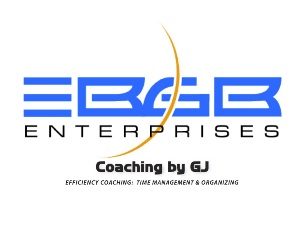Part 2 – steps from 6th to 10th refer to the Elimination stage.
- 6. Identify Possible Solutions. You should figure out the causes that initiated the problem and determine what changes to the project might prevent those causes from reoccurring in the future. Each solution would have a set of corrective actions that could ensure a desirable outcome.
- 7. Select Solution. By analyzing the possible solutions, you need to determine which of the solution is the most viable and suitable.
- 8. Implement Solution. Now it is time to apply the solution. You need to develop a plan that implements the solution and ensures that corrective action is applied to the problem.
- 9. Measure Results. Key performance indicators should be used to measure the outcome of the corrective action process and to find out if the selected solution has addressed the problem.
- 10. Update Documentation. After the solution has been implemented and the problem is solved, you need to update project documentation to ensure that all further activities within the project will be carried out in alignment with the improved process.
Gloria-Jean Brown
Resource Page link

